What about my PhD?
My PhD is something that was not planned but it is happening. The full story about how I got into it is too long and too complicated, but to summarise, it was a consequence of some good results I got at work, which gave a good confidence to my adviser to put me in. I couldn’t say “no” because the opportunity to do a PhD in a prestigious university like UCL was really good.
For a guy who had a long experience in the corporate world, the decision to do a PhD was really tough. I don’t have the practice and the personality of a researcher, but as an entrepreneur, I like to take risks and face challenges and a PhD is definitively a challenge. Surprisingly, it is working well. I didn’t expect that because the way the research environment works is pretty different and I had to get used to it.
A week ago I did my PhD confirmation, which is a kind of acceptance of the work performed so far. I had to present my research to an internal committee composed of local full professors. Besides the feeling of uncertainty, everything went well and they approved my research. In some sense, I was expecting such approval, but I didn’t expected that it would come without any serious remarks. I’m almost sure that it was a consequence of the publications I’ve been doing. Since other scientific committees had a look on the work before, then nothing very disparate would come out from the confirmation committee at that moment.
Of course, a positive feedback is a great motivation to continue my research, but nothing is compared to a bunch of opportunities brought by the PhD student status. Some of these opportunities were actually a dream for many computer science students (mainly those who don’t live in the US, of course). Last summer, I presented my research in a PhD Consortium hosted by the Carnegie Mellon University (CMU). Definitively a dream for me because the Java programming language was created and evolved by people who graduated in that university. The prestigious Software Engineering Institute (SEI) is located there and it was responsible for one of the biggest revolution on the software engineering field with the creation of the CMMI (Capability Maturity Model Integration), a process improvement approach used by several companies worldwide to prove they are ready to perform complex software projects under restricted constraints of cost, resources and time. Not least, the CMU School of Computer Science was also the lab of Randy Pausch, a computer graphics researcher who passed away because of a pancreatic cancer, but before that, he left a vast contribution on his field and also created a project called Alice to teach programming to children. His testimony is published on the book The Last Lecture (a must read).
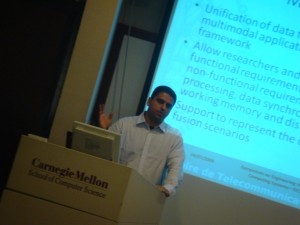
Fortunately, CMU was not the last big dream to come true during my PhD. Tomorrow, I’m going to Boston to present my work in a conference at MIT (Massachusetts Institute of Technology). Wow! Yeah! Difficult to believe, but it is real. I can’t wait to blog about this experience here.
Recent Posts
Can We Trust Marathon Pacers?
Introducing LibRunner
Clojure Books in the Toronto Public Library

Once Upon a Time in Russia
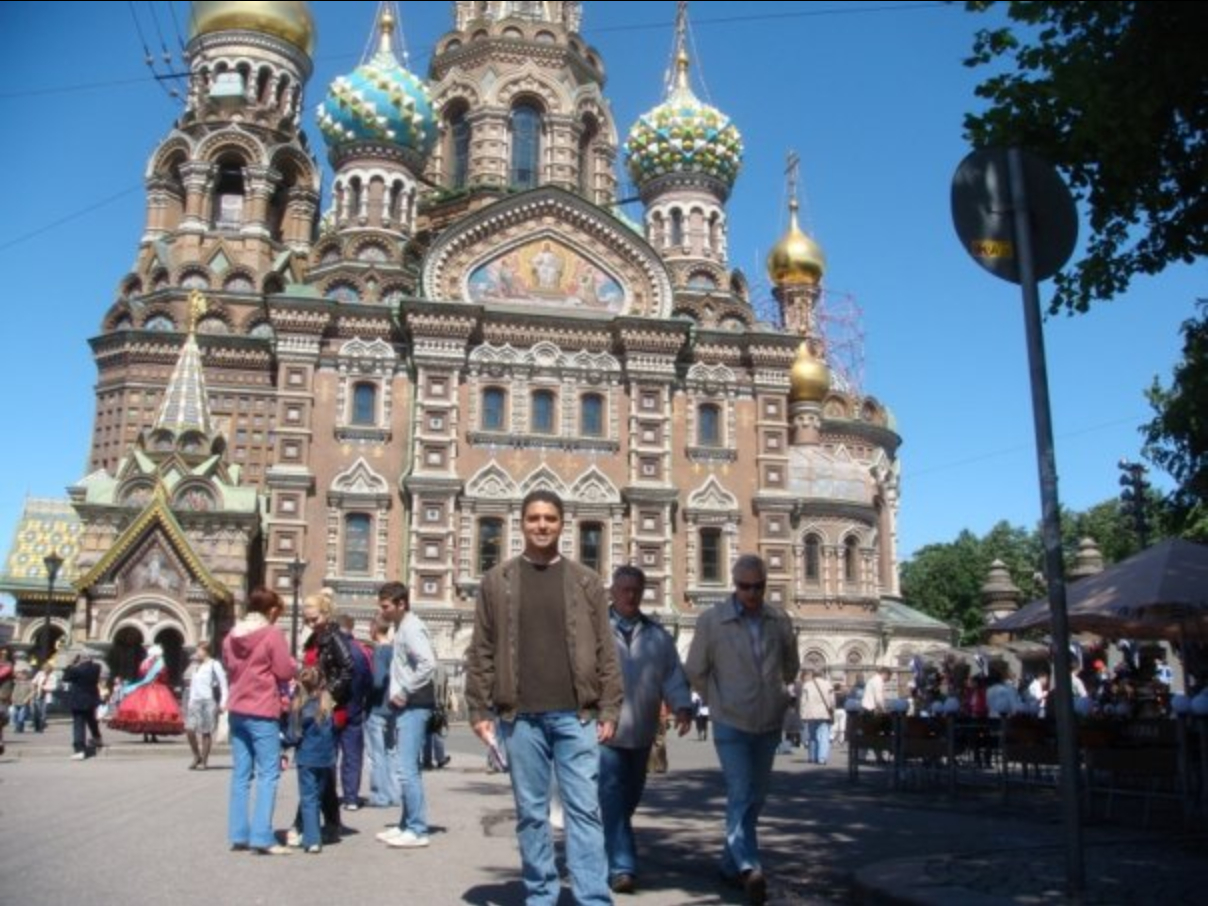
FHIR: A Standard For Healthcare Data Interoperability
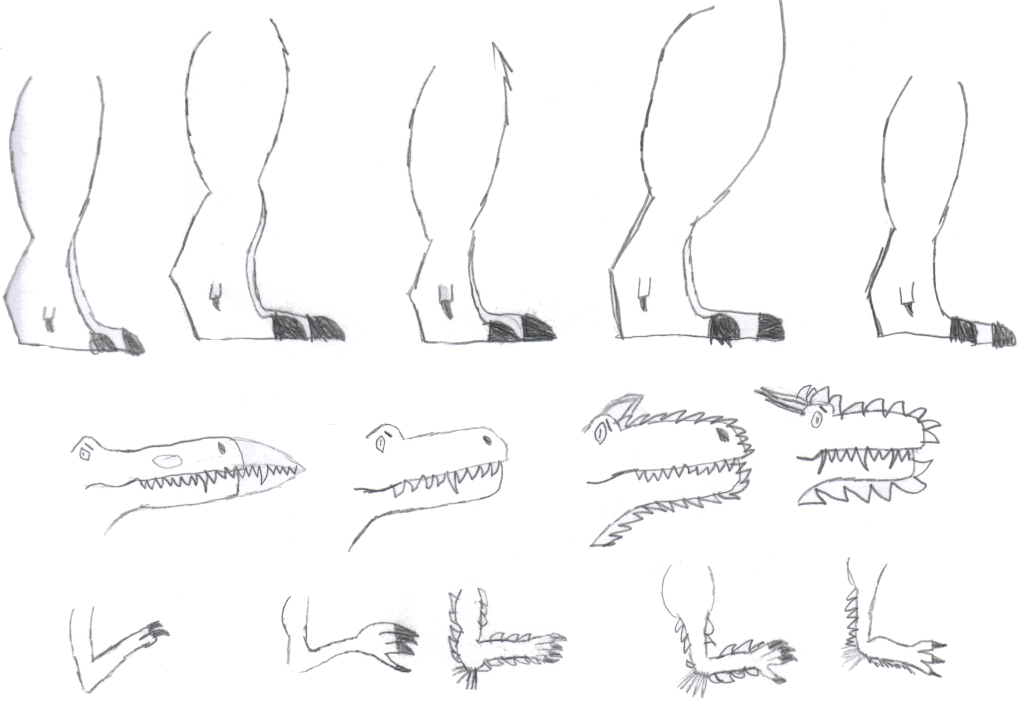
First Release of CSVSource
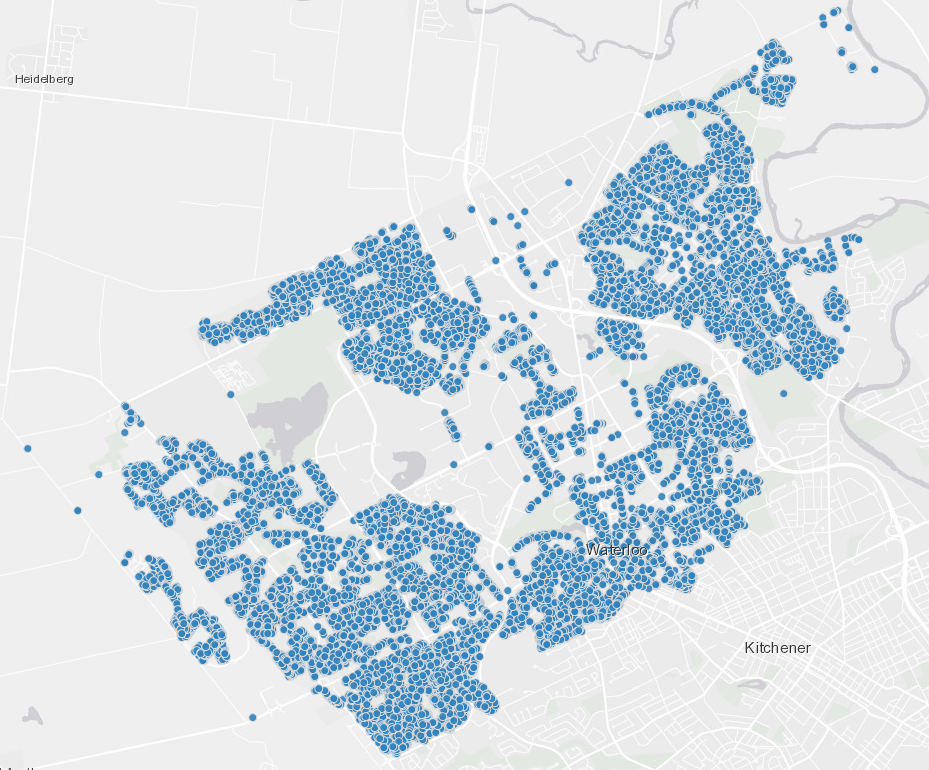
Astonishing Carl Sagan's Predictions Published in 1995

Making a Configurable Go App
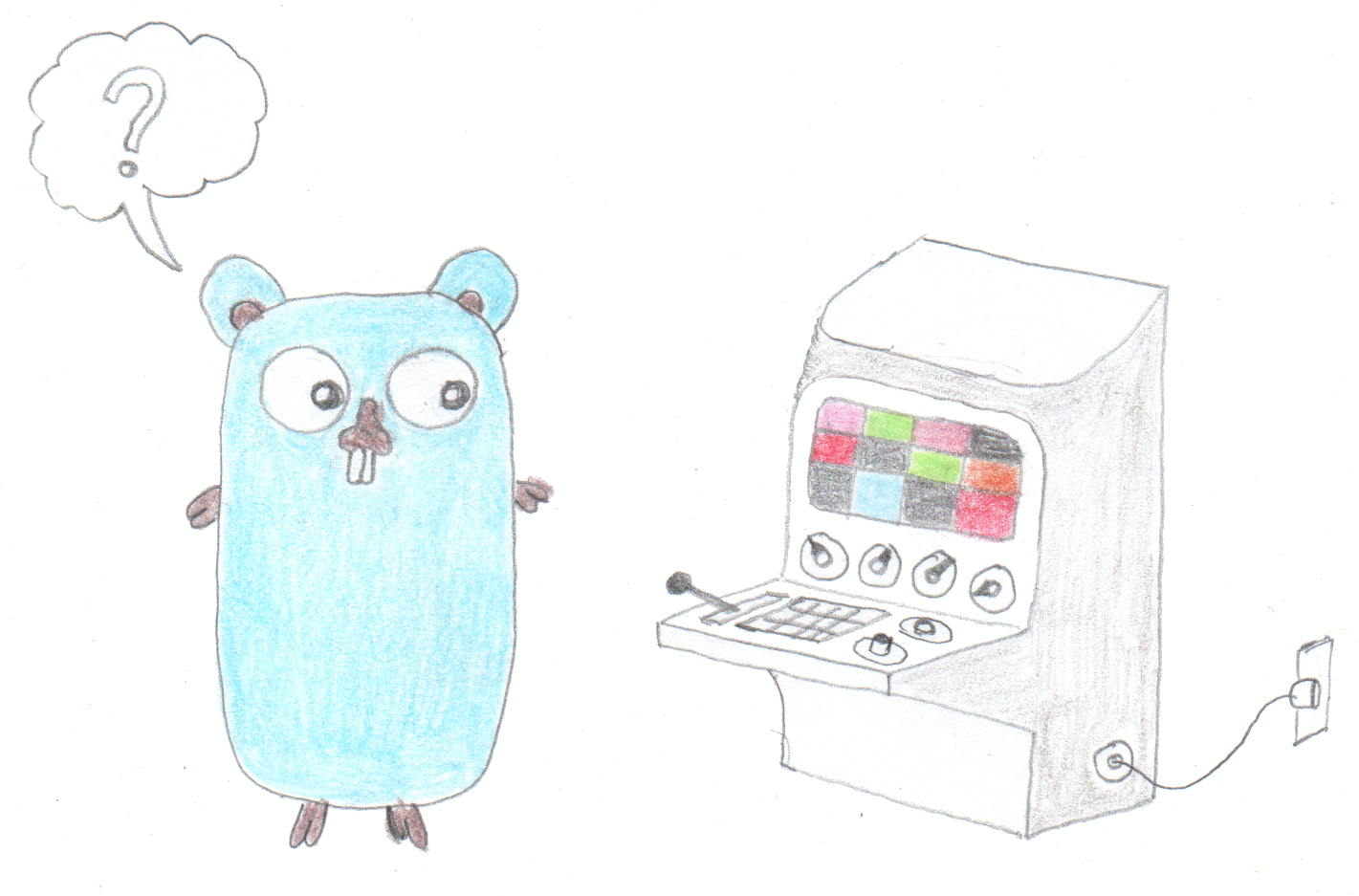
Dealing With Pressure Outside of the Workplace

Reacting to File Changes Using the Observer Design Pattern in Go
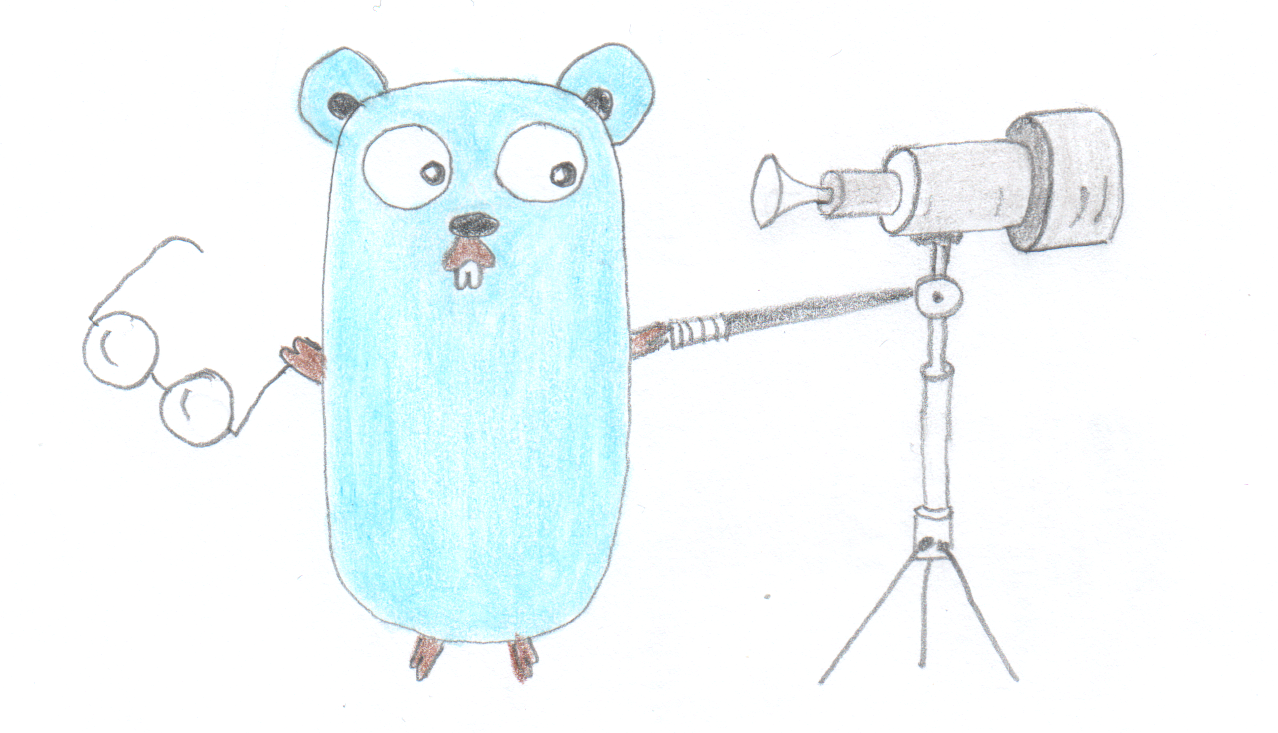
Provisioning Azure Functions Using Terraform
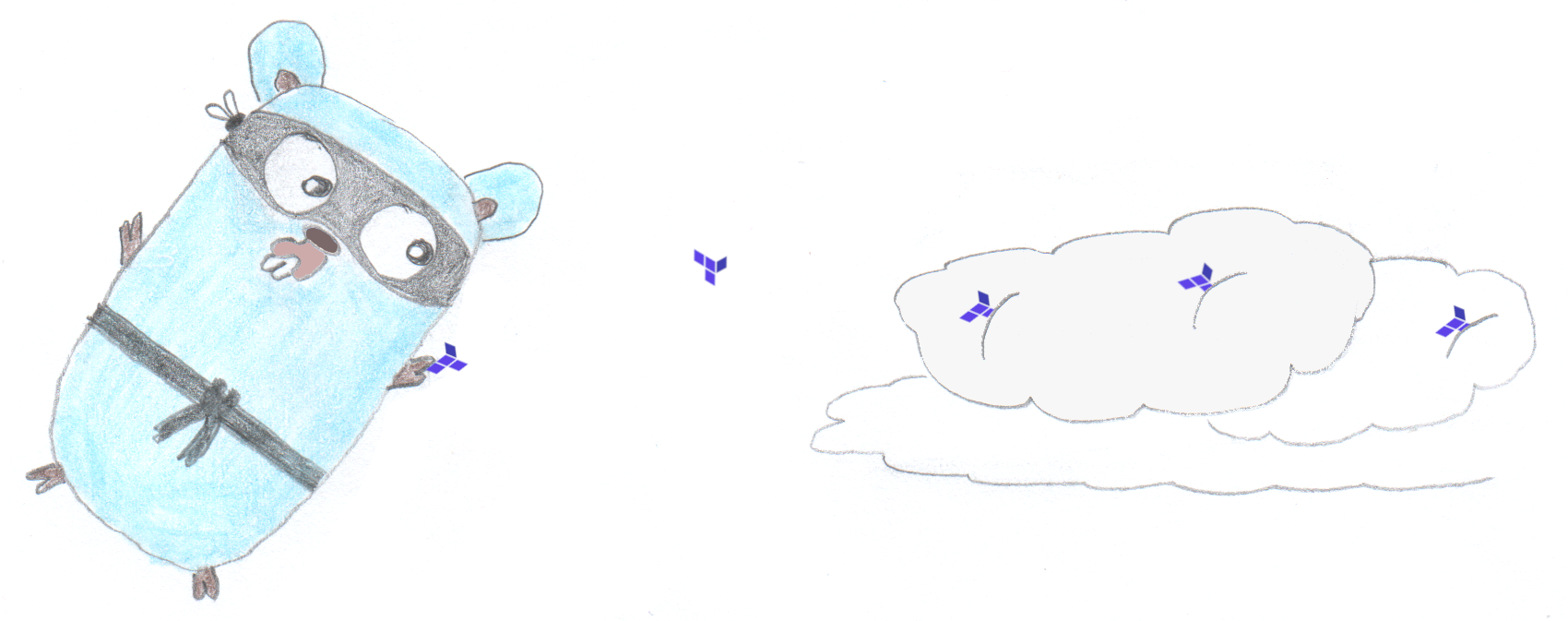
Taking Advantage of the Adapter Design Pattern

Applying The Adapter Design Pattern To Decouple Libraries From Go Apps

Using Goroutines to Search Prices in Parallel
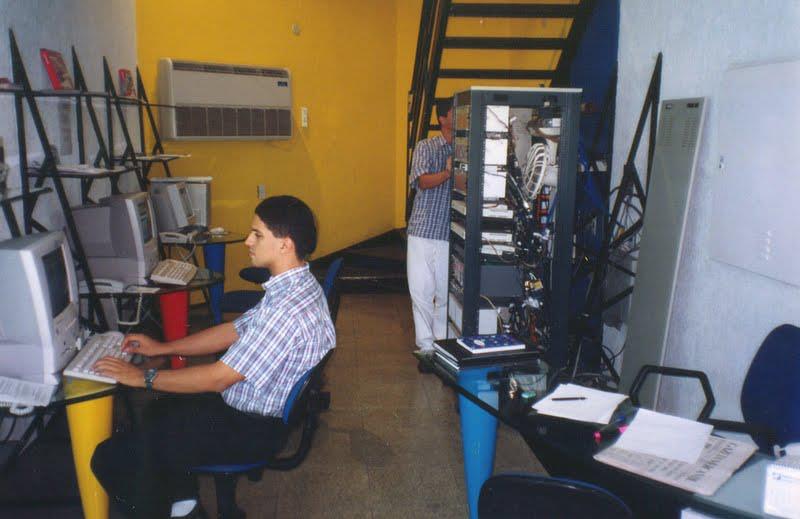
Applying the Strategy Pattern to Get Prices from Different Sources in Go
